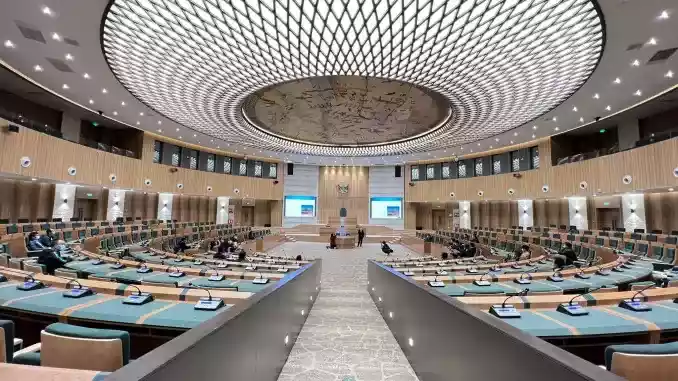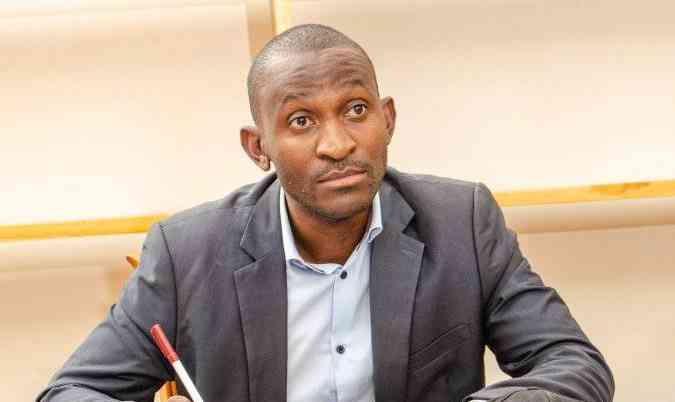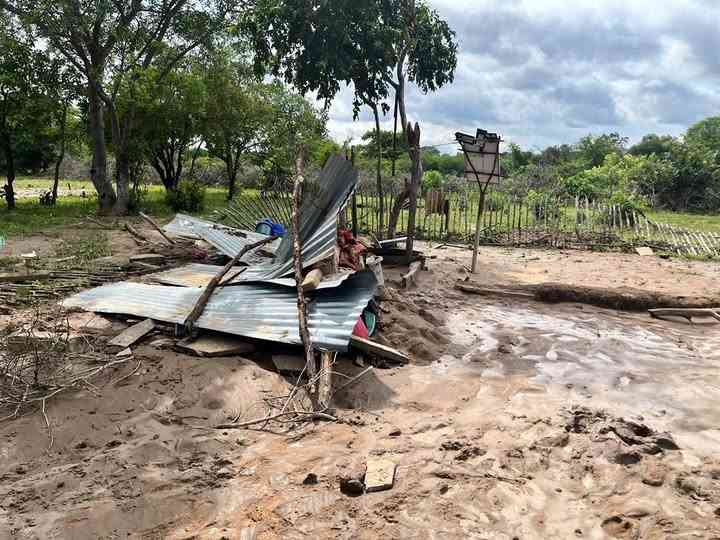
The near-complete Gwayi-Shangani Dam will revolutionise Matabeleland's agriculture, ensuring year-round crop production and food security, Zimbabwe's economic growth and development can upgrade with the help of the dam, Pelandaba MP Joseph Tshuma has said.
Speaking in the National Assembly last week, Tshuma called for the timeous completion of the dam, emphasising its potential to transform Matabeleland's agriculture.
He said Gwayi-Shangani Dam would be a game-changer for food security in the Matabeleland region.
“With its completion, we will have enough water for irrigation and our farmers will be able to grow crops throughout the year,” Tshuma said.
The dam will have a capacity of 650 million cubic metres of water, making it one of the largest dams in Zimbabwe.
It is the third largest inland dam after Tugwi-Mukosi and Mutirikwi.
Its construction is seen as a major boost to the region's agricultural sector, which has been struggling due to recurrent droughts and water scarcity.
“Out of 10 provinces, three are already food secure just by that one Gwayi-Shangani Dam.
- Binga villagers dig in over relocations
- Concerns grow over fate of Binga villagers
- Villagers’ relocation to cost US$2m
- Binga villagers dig in over relocations
Keep Reading
“It is my prayer that if we could all, as Members of Parliament here, come together and agree to capacitate that project to come to completion, I am telling you, it will be a miracle worker,” Tshuma said.
He said since it was mooted in 1912 no progress had been recorded.
“The first republic came in 1980 up to 2017, nothing happened. Then from 2018 up to date, Gwayi-Shangani is now at over 70% completion,” he said.
“The amazing green belt that is going to be created there will be something to be talked about the world-over.
“I can tell you from Gwayi-Shangani, all the way up to Bulawayo and even further down to Matabeleland South, we are going to have a situation whereby people are now be able to irrigate.
“They will even have an all-season crop facilitation through Gwayi-Shangani, not even speaking of the water problems that we have in Bulawayo.”









